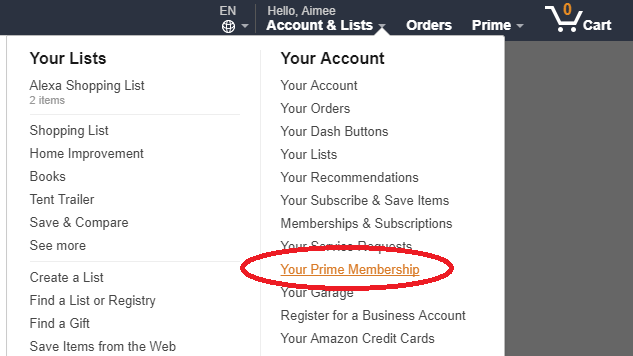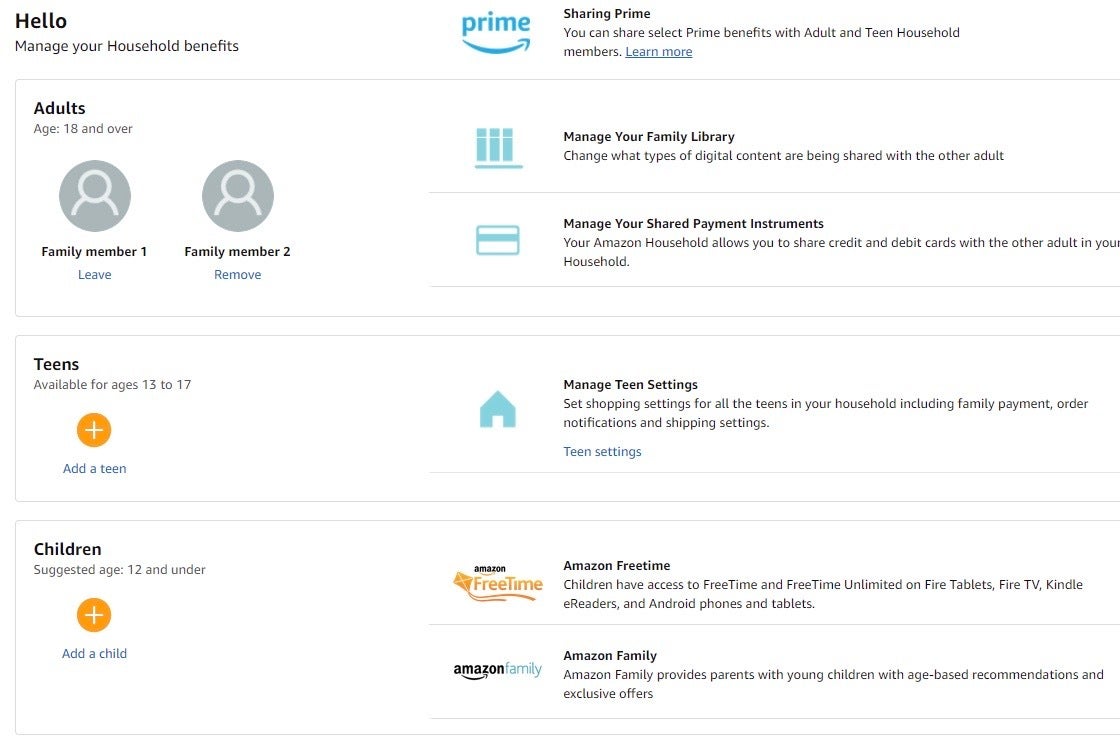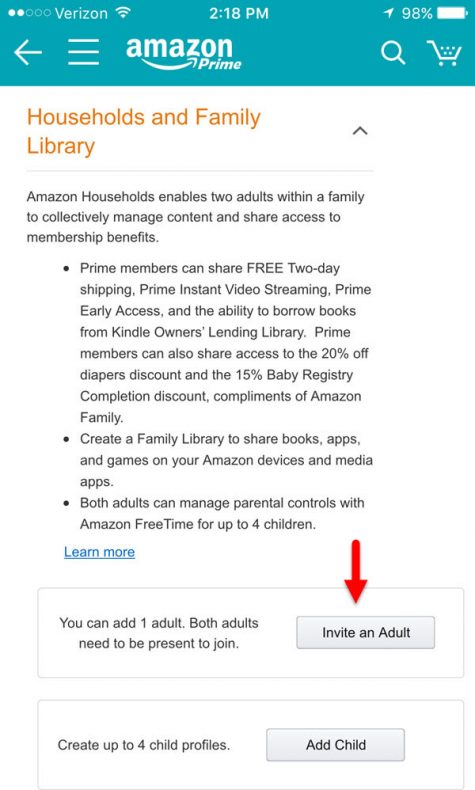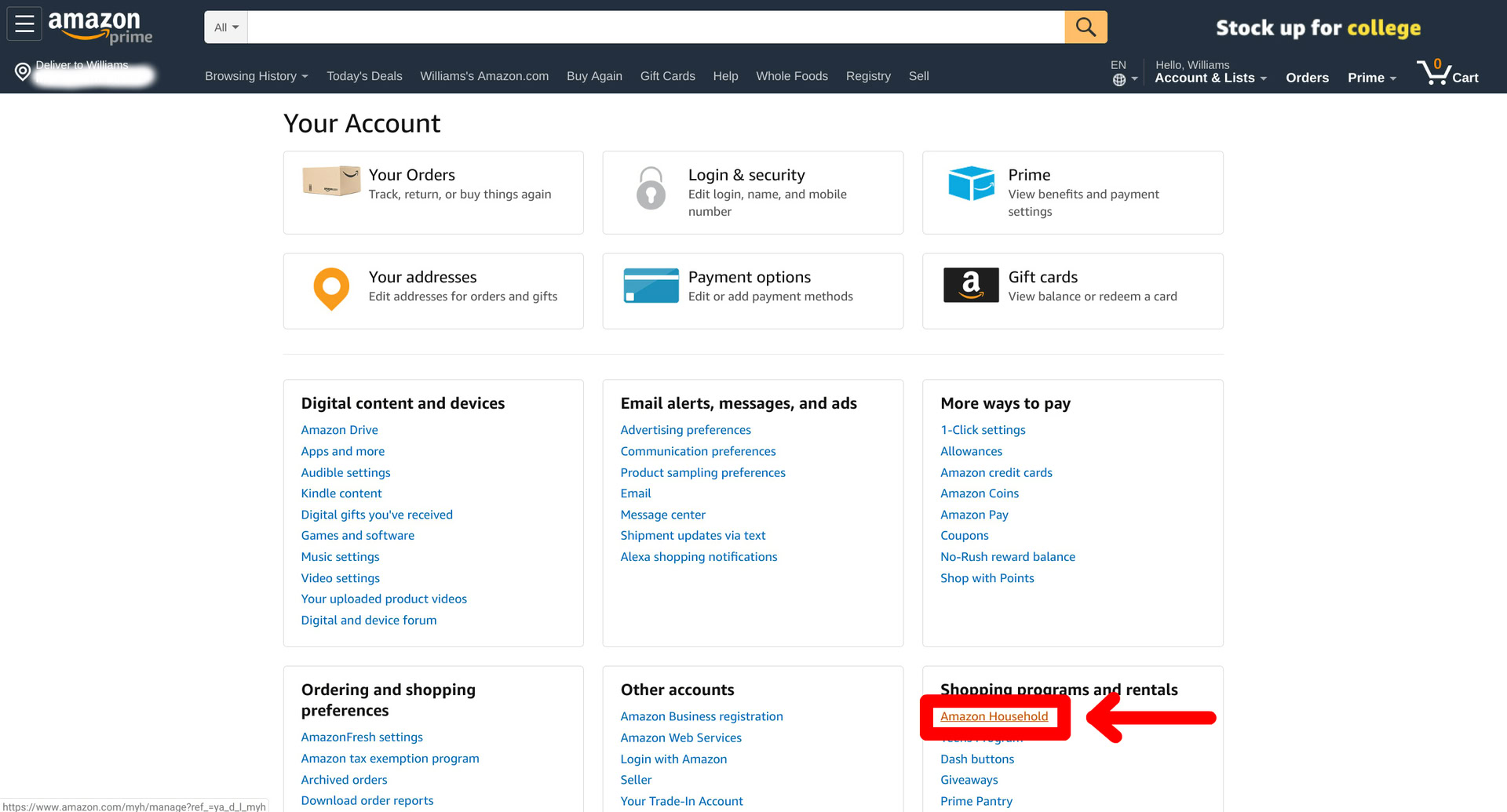What Is A Prime Share Account

For individuals seeking a secure and accessible entry point into the world of credit unions, a prime share account often serves as the foundational building block. It's more than just a savings account; it's the key to unlocking membership and accessing the diverse range of financial services offered by these member-owned institutions.
At its core, a prime share account is a basic savings account required to establish membership within a credit union. This article delves into the details of this fundamental account, explaining its purpose, features, and significance for both credit union members and the institutions themselves.
What Exactly is a Prime Share Account?
A prime share account is the cornerstone of credit union membership. Unlike banks, credit unions operate on a cooperative model, where members are also part-owners. Opening and maintaining a prime share account is the initial step to becoming a member.
The account typically requires a minimum balance, often a relatively small amount, like $5 or $25, depending on the credit union's specific policies. This minimum deposit signifies your ownership stake in the credit union.
Key takeaway: A prime share account is your ticket to credit union membership and its associated benefits.
The Basics: Who, What, Where, When, and Why
Who: Anyone eligible to join a credit union can open a prime share account. Eligibility requirements vary but often include factors like geographic location, employment, or affiliation with a particular organization.
What: It's a basic savings account that grants membership rights. The balance earns interest, though the rate may be modest.
Where: Prime share accounts are offered by credit unions across the country. Each credit union establishes its own terms and conditions.
When: An individual opens a prime share account when they wish to become a member of a credit union and gain access to its services.
Why: The primary reason is to fulfill the membership requirement. It also provides a safe place to save money, albeit with typically lower interest rates compared to specialized savings products.
How Does it Work?
Opening a prime share account is similar to opening a regular savings account. You'll need to provide personal information, such as your name, address, Social Security number, and a valid form of identification.
Once your account is open, you deposit the required minimum balance. From that point, you're considered a member of the credit union and can access other services like loans, checking accounts, and investment products.
The funds in your prime share account are generally insured by the National Credit Union Administration (NCUA), similar to how bank deposits are insured by the FDIC. This provides peace of mind, knowing your money is protected up to the insured amount.
Significance and Impact
The prime share account model is significant because it reinforces the cooperative nature of credit unions. It aligns the interests of the institution with its members, as members are also owners.
This structure often leads to more favorable terms and lower fees for members compared to traditional banks. Credit unions are typically focused on serving their members' financial needs rather than maximizing profits for shareholders.
Furthermore, these accounts provide an accessible entry point to financial services for individuals who might not otherwise have access. The low minimum balance requirements make it easier for people of all income levels to join and benefit from credit union membership.
The Human Element
Consider the story of Maria, a single mother working two part-time jobs. Traditional banks often charged her hefty fees for maintaining low balances. After talking with a friend, she decided to join a local credit union and open a prime share account with just $5.
This simple step opened up a world of possibilities for Maria. She was able to access a low-interest auto loan to replace her unreliable car, saving her hundreds of dollars in repair costs. She also started using the credit union's free financial literacy resources to improve her budgeting skills.
Maria's story exemplifies how a prime share account can be a gateway to financial empowerment, particularly for individuals who are underserved by traditional financial institutions.
Potential Considerations
While prime share accounts offer numerous advantages, it's essential to be aware of potential drawbacks. The interest rates on these accounts are often lower than those offered by high-yield savings accounts or certificates of deposit (CDs).
If your primary goal is to maximize your savings returns, you might consider exploring other options in addition to your prime share account. However, remember that the primary purpose of the account is membership, not necessarily high-interest earnings.
Additionally, credit union membership eligibility requirements can be restrictive in some cases. Be sure to research the eligibility criteria for different credit unions in your area to find one that suits your needs.
Conclusion
The prime share account remains a vital component of the credit union system. It's more than just a savings account; it's a symbol of ownership, a gateway to financial services, and a testament to the cooperative spirit of credit unions.
For individuals seeking a member-focused financial institution with a commitment to serving their needs, opening a prime share account is a smart and strategic first step.
Before opening any account, always research and compare different credit unions to find the best fit for your individual circumstances and financial goals.


















